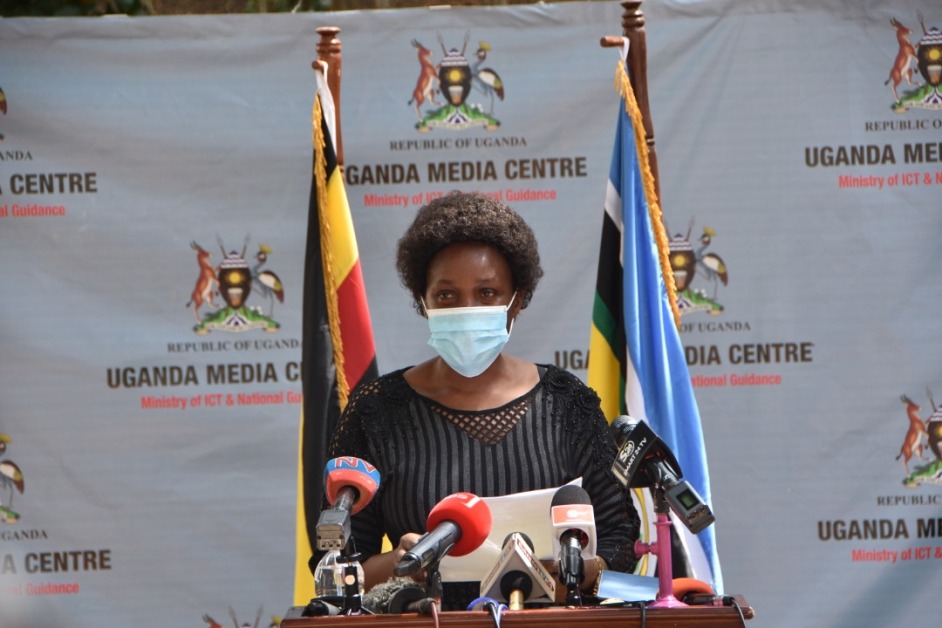Judith Nabakooba, the Minister ICT & National Guidance
In an effort aimed at strengthening inclusive representation of all special interest groups in parliament, Cabinet has approved the elderly to have five (5) parliamentary representatives to effectively represent their views across the country.
According to a 2014 National Housing and Population report, the population of older persons increased to 1,430,000 from 1,101,103 in 2002. The Uganda Bureau of statistics further projects number of older persons in 2020 at 1.6 million.
In a statement dated July7, 2020, Judith Nabakooba, the Minister ICT & National Guidance said that “This population increase therefore has far reaching implications on the demand and access to specialized social economic services for older persons.”
In spite of government’s commitment to addressing the needs and concerns of older persons, the Minister said there is still need to have a streamlined structure from village to parliament to enhance participation of older persons in decision making.
“It is therefore important to note, that older persons in Uganda contribute immensely to the creation of wealth, support and care of families, creation of social cohesion and conflict resolution in their communities,” she said.
Nabakooba added that Government adopted the National policy for older persons in 2009 to provide a framework to guide policy and programming of interventions to improve the quality of life of older persons.
“The policy was formulated within the framework of old age specific international instruments for promotion of human rights. These include the Madrid plan of action on Aging (2002). The African union charter on the rights if older persons and the sustainable Development goals among others. Article 32 of the constitution provides that the state will take affirmative action in favour of groups marginalized on the basis of gender, age, disability or any other reason created by history tradition or custom for the purpose of redressing imbalances which exist against them,” she said.
In addition, she added, the implementation of the policy was re-enforced by the enactment of the National council for older persons Act, 2013 for effective advocacy, coordination, monitoring and evaluation of service delivery and representation of older persons.
“This notwithstanding the representation stops at the district and there is no direct linkage between the older persons council structure and parliament. This therefore creates a gap in information flow as older persons’ views, interests and opinions are not adequately represented in parliament unlike other special interest groups,” the Minister said.
At the moment parliament has representation of four special interest groups including the people with disabilities, the Youth, workers and army.
“The Equal Opportunities Act 2007 provides for equal rights of all vulnerable groups including older persons and therefore, the review of representation for older persons in parliament as a Special Interest Group is aimed at protecting the rights of older persons in accordance with this act,” Nabakooba said.
She added: “It would therefore be proper to have the elderly who in this bracket are 60 years of age and above have representation to provide a leveled platform for discussion of needs and concerns of older persons. And also enhance good governance through inclusive representation of all special interest groups.”





